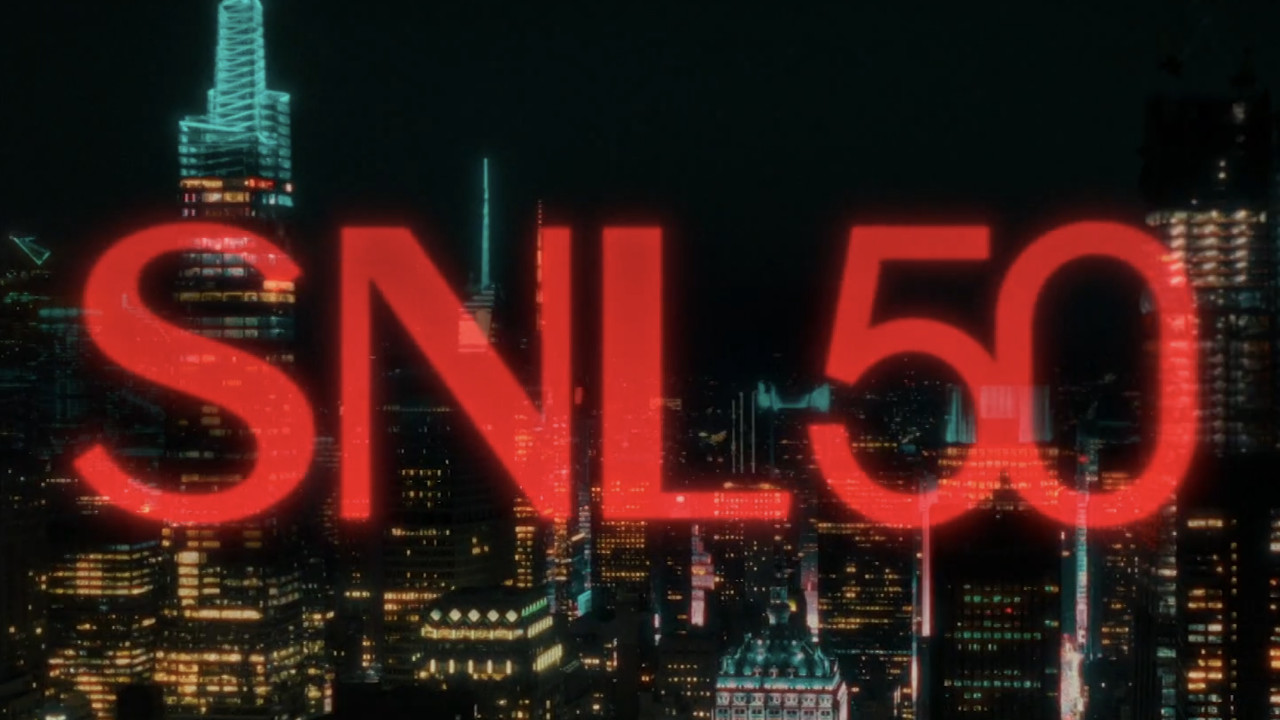MoviePass Will Have 3 New Pricing Plans In 2019

After being the hottest thing in entertainment a year ago, MoviePass has fallen on hard times, but the service isn't giving up yet. After becoming the subject of a lot of frustration from customers who found the movie ticket subscription service increasingly difficult to use, MoviePass will introduce a brand new three-tier pricing structure that the company hopes will ease concerns and win back the customers who left.
Beginning January 1, MoviePass will offer three different subscription options. The first big change is that the cost of the plans isn't fixed, but will actually be variable, based on what ticket prices look like where you live, since tickets aren't fixed across the country. All three plans will be limited to three movies a month, or 36 movies a year, the different pricing simply changes what films and showings you have access to.
The Select plan will cost between $10 and $15 and will only offer certain films, and only on certain days. It will also not offer 3D or IMAX screenings.
All Acess will cost between $15 and $20 per month, will have no blackout dates or showings, but will not include 3D or IMAX films.
For $20 to $25 per month, you can get the Red Carpet plan, which allows for one 3D or large format screen showing per month.
To try and get people to jump in early, the two higher-end options are available to purchase now at a discount, though you have to subscribe for a full year. It's unclear if that is a requirement when the standard pricing goes into effect or if people will be able to pay month to month. Some competing services already require a full year commitment, so it wouldn't be a first.
At a glance, the different tiers certainly look like they'll still be a value to customers who use the service to the fullest. One IMAX movie plus two standard films is certainly going to cost more than $25 in most markets. At the other end of the pricing spectrum you could end up paying the same $10 price that got MoviePass all those customers in the first place, and as long as the available films and dates work for you, it's still a hell of a deal.
CINEMABLEND NEWSLETTER
Your Daily Blend of Entertainment News
MoviePass made waves in August of 2017 when the movie ticket subscription service dropped its monthly cost to $9.95. For that price, a user could see one movie a day, every day. Considering that a single ticket could cost more than that in many markets, even seeing one movie a month could make the subscription pay for itself. People jumped at that, in numbers even MoviePass admits it did not expect.
The plan, clearly, was that MoviePass expected to work like many other subscription services, where many who pay the monthly cost don't actually use the service. However, it seems that wasn't the case and it wasn't long before MoviePass began to run into apparent financial difficulties, at one point requiring an emergency loan just to keep MoviePass going.
In response, MoviePass began to change up the service. At first, certain theaters would be removed from the service, then restrictions were placed on which movies and showtimes were available. They also added Uber-like surge pricing where surcharges were added to popular movies, meaning the subscription price alone didn't always cover the ticket price. Many of these changes were made with little or no warning, which began to frustrate customers.
This led to an exodus of customers. MoviePass admits to the New York Times that there has been "customer erosion," though they're not saying exactly to what degree.
While MoviePass downplays the problems the service has been having, there clearly have been problems. The company has seen its stock trading at levels so low it is in danger of being delisted from the NASDAQ exchange. The company is also dealing with lawsuits from its shareholders regarding its financial disclosures.
The other problem is that MoviePass isn't the only game in town. Subscription services like Sinemia have made the jump over from Europe and several theater chains, including AMC and Cinemark, have created their own services as well, which have reportedly been doing quite well.
I can certainly speak from my own personal experience as I was one of those MoviePass subscribers who no longer is one. I found MoviePass to be invaluable at this time last year when I needed to see all of the year-end award movies and couldn't make it to every press screening. However, as the service became less flexible, it just didn't work out for me. I never personally had an issue with not being able to use MoviePass when I wanted to, but when screening and theater blackouts started to happen I saw potential issues and bailed out before it actually became a problem.
If you're a serious movie fan who goes to three movies a month or more, then the new plans are, at least on paper, going to be valuable. The major question is whether or not MoviePass has already burned its bridges with the customer base. Will people who canceled their subscription be willing to return to give them a second chance, or have people moved on to other competing services?
We've frequently seen some of the other services make moves following changes in MoviePass in order to make themselves look better by comparison. It will be interesting to see if something similar happens here.
Clearly, MoviePass sees a way forward here. If there was a feeling that recovery was impossible then it would just fold up and go home. Clearly, based on the success that MoviePass saw in its early days, and the success that other subscription services have been having, there is an appetite at the consumer level for this sort of service, it's just a question of finding the model that makes it both a financial success for the company and for users.
What do you think, does the new MoviePass plan sound like a winner? Let us know in the poll below.
This poll is no longer available.

CinemaBlend’s resident theme park junkie and amateur Disney historian, Dirk began writing for CinemaBlend as a freelancer in 2015 before joining the site full-time in 2018. He has previously held positions as a Staff Writer and Games Editor, but has more recently transformed his true passion into his job as the head of the site's Theme Park section. He has previously done freelance work for various gaming and technology sites. Prior to starting his second career as a writer he worked for 12 years in sales for various companies within the consumer electronics industry. He has a degree in political science from the University of California, Davis. Is an armchair Imagineer, Epcot Stan, Future Club 33 Member.









